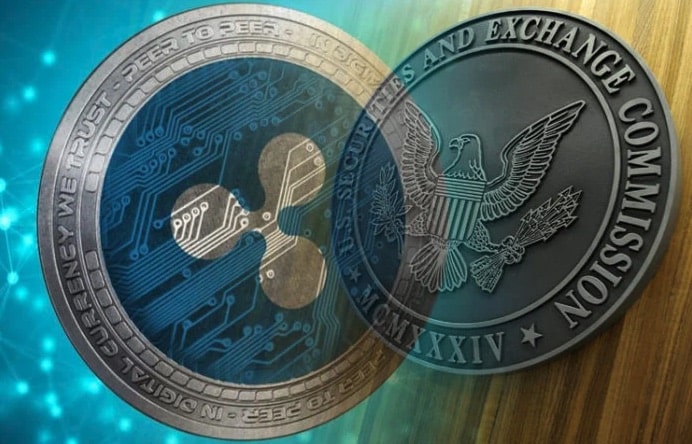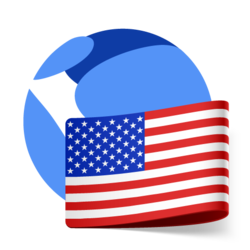In episode seven of the Block Stars podcast, Ripple CTO David Schwartz is joined by Ripple General Counsel, Stu Alderoty to discuss the current state of global cryptocurrency regulation.
David probably didn’t expect Ripple’s Chief Legal Officer to reference Beanie Babies during their conversation, but the often-valuable stuffed toys are a great analogy for why not every digital asset is a security.
The UK’s Financial Conduct Authority (FCA) categorizes digital assets according to their primary use case, with tokens designed for exchange of value, utility tokens for specific products and services and security tokens that represent a stake in a business. But only the latter are subject to securities regulation.
“The UK recognizes that some people may buy an exchange token…or utility token…for speculative purposes,” explains Stu. “The analogy would be somebody buying …Beanie Babies hoping that those things may increase in value. That doesn’t make a Beanie Baby a security. It makes a Beanie Baby a Beanie Baby. You may give it to your son or daughter as a gift, or you may…keep it in the attic, thinking that the Beanie Baby market’s going to increase at some time.”
For Stu, the clear regulation seen in the UK and other countries including Japan, Singapore, Switzerland and the United Arab Emirates helps promote innovation in the blockchain.
“The days of Silk Road…the Wild West days of crypto…are behind us,” Stu says. The industry is now driven by “responsible actors who want to cooperate with regulators…to get to a smart, regulatory framework…that protects customers [and] the integrity of the market, but also allows the industry to evolve.”
He is concerned that the United States is falling far behind those other countries. Ultimately, the problem in the U.S. may be that cryptocurrency has principally been regulated through enforcement by the Securities and Exchange Commission (SEC).
“There’s a good reason for that,” explains Stu. “A number of years ago in the U.S., there was this Initial Coin Offerings (ICO) craze [that] raised real concerns about fraud and market manipulation. The SEC did their job and…took a machine gun to the ICO craze…rightly so. But in so doing…they crammed this new technology into [an old] set of rules,” that involved orange groves, oil rigs, pay telephones, whiskey and even beavers. And in so doing, we “end up with a lot of examples of what the bad and what the ugly looks like, but we don’t end up with any examples, or any idea, of what the good may look like in the US,” despite the SEC releasing a Digital Asset Framework in 2019. Stu and many other observers believe that this non-binding guidance is too broad and can mean anything to anyone and thus, not particularly useful.
Stu contrasts this approach with the rise of the internet in the 1990s. By not simply applying the rules for rotary telephones or transistor radios to the then nascent online world, U.S. regulators fostered innovation and American internet companies remain world leaders today. Current lack of clarity around blockchain and digital assets is already driving blockchain investments offshore and, perhaps most concerning, ceding this digital asset innovation to state run jurisdictions, like China. But it’s not too late for the U.S. to act decisively.
“What’s probably most useful,” concludes Stu, “is if the SEC and the Commodity Futures Trading Commission (CFTC) were to join forces [to] solicit feedback from the industry [and] consumers. Then they could propose a workable framework that protects the integrity of the markets, protects consumers, but doesn’t suffocate the innovation in the process.”
Listen to the latest Block Stars podcast to hear more from Stu about how the U.S. can catch up, including the new Consumer Financial Protection Bureau remittances rule that recognizes that blockchain solutions can benefit consumers and why a 1940s Florida orange grove can no longer hold back the country’s blockchain and digital asset industry.












